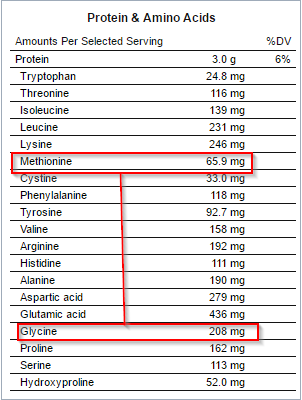Yeah that’s not right. I’d say your device got interrupted as it was halfway through downloading it. I’d delete your copy and re-download it.
I had the other problem. I was having hard time lowering my body fat from what I thought was 36% body fat. I was using several online calculators, as well as body impedance scale to come up with my lean body mass around 69 kgs. When I had a DEXA scan it turned out that my lean mass was more like 80.5kgs, and my body fat percentage was more like 25%.
I’m a nerd. More data = more better  I need to get an updated metabolic cart done too.
I need to get an updated metabolic cart done too.
10% is not bad at all. I know of people who have RMRs around 800 from a lifetime of dieting.
I hope this gives you a better look into what is happening. The fasts will lower acute insulin and that should help lower your chronic insulin.
If I had your diagnosis - lower lean mass than expected, more body fat, slightly lower metabolic rate … I would be tempted to reduce caloric (cardio) exercise and increase weight bearing (lifting) and eat at a modest caloric surplus for a few weeks to attempt to establish a higher metabolic rate.
I just know of one who likely MADE me diabetic in the first place by telling me to try replacing a meal a day with slimfast. He’s still got a practice in Henderson.
My Endocrinologist was a professor at UNLV and a world famous expert in diabetes, but he passed away after we left Vegas in 2006. I remember at my first consult he wanted to to get me into a bariatric program quickly … I went Atkins instead and his comment was “Dunno what you are doing, but keep doing it”. He was entirely uninterested in what I was actually doing - he had his next patient to see. That next patient needed his help and I apparently no longer needed his help.

 , you’ll see that glycine is triple that of methionine, so I think the bacon is more sustainable which is one reason he and many others have succeeded although some add eggs/yolks which are also high in glycine and choline.
, you’ll see that glycine is triple that of methionine, so I think the bacon is more sustainable which is one reason he and many others have succeeded although some add eggs/yolks which are also high in glycine and choline.



